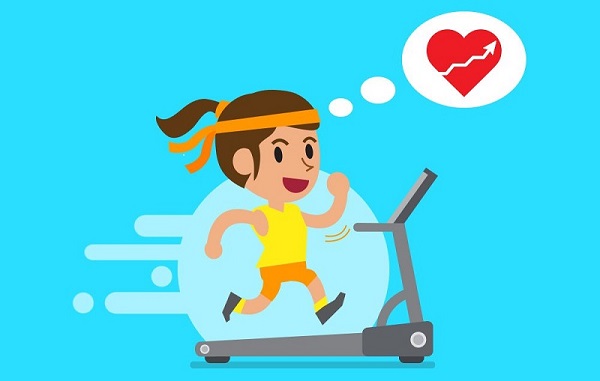Advices for healthy bones

Here are some things you can do to help protect your bones especially if you’re at high risk for osteoporosis, or nearing an age at which you will be.
Get Calcium and vitamin D. A diet low in calcium contributes to diminished bone density, early bone loss and an increased risk of fractures. Most adults should be getting between 600 and 800 international units of vitamin D every day, and between 1,000 and 1,300 miligrams (mg) of calcium daily (with the higher levels for postmenopausal women, adolescent girls, and women who are pregnant or lactating).
People who are physically inactive have a higher risk of osteoporosis. Walk 4-6 Km a week!!
Unfortunately tobacco use contributes to weak bones. Similarly, regularly having more than two alcoholic drinks a day increases the risk of osteoporosis, possibly because alcohol can interfere with the body’s ability to absorb calcium.
You’re at greater risk of osteoporosis if you’re a woman, because women have less bone tissue than do men. Your bones become thinner and weaker as you age.
Certain medications such us long-term use of corticosteroid medications are damaging to bone. Ask your doctor about your risk of osteoporosis using specific medicines.
You’re also at risk if you’re extremely thin (with a body mass index of 19 or less) or have a small body frame because you might have less bone mass to draw from as you age.
You’re at greatest risk of osteoporosis if you’re white or of Asian descent. In addition, having a parent or sibling who has osteoporosis puts you at greater risk — especially if you also have a family history of fractures.
Thyroid hormone can cause bone loss. In women, bone loss increases dramatically at menopause due to dropping estrogen levels. Prolonged absence of menstruation (amenorrhea) before menopause also increases the risk of osteoporosis. In men, low testosterone levels can cause a loss of bone mass.
People who have anorexia or bulimia are at risk of bone loss. In addition, stomach surgery (gastrectomy), weight-loss surgery and conditions such as Crohn’s disease, celiac disease and Cushing’s disease can affect your body’s ability to absorb calcium.
